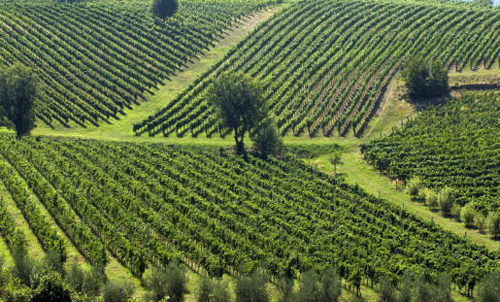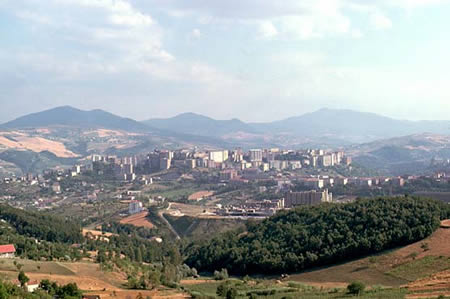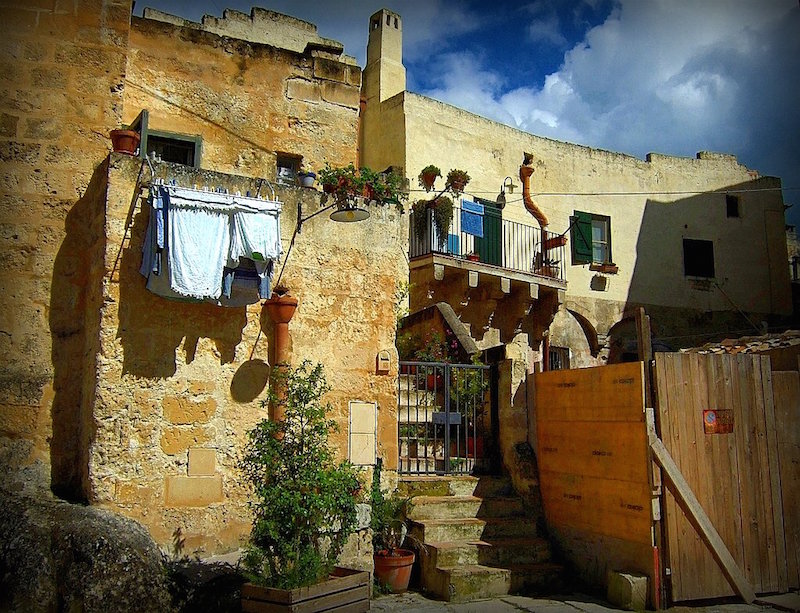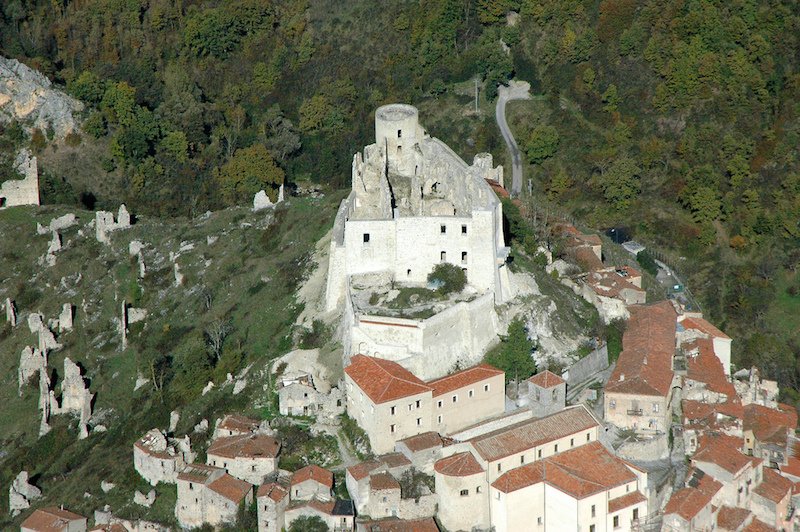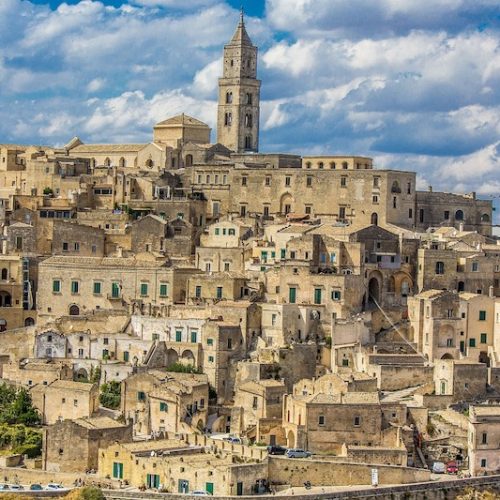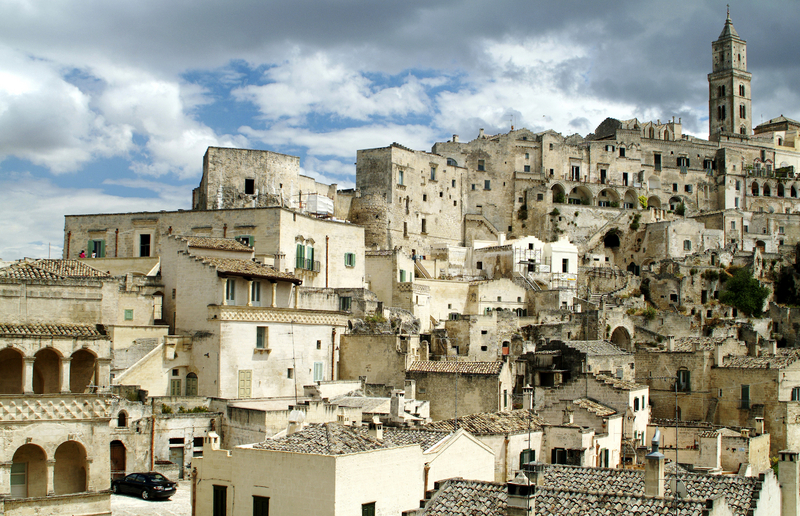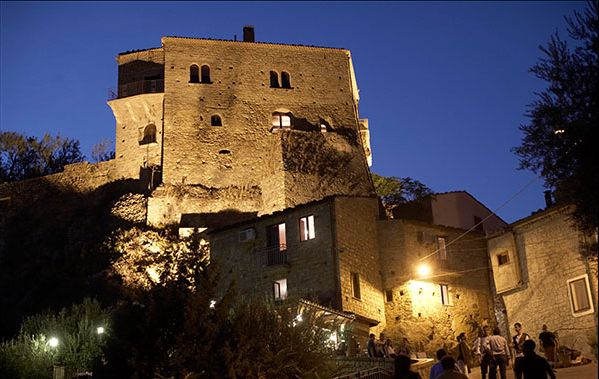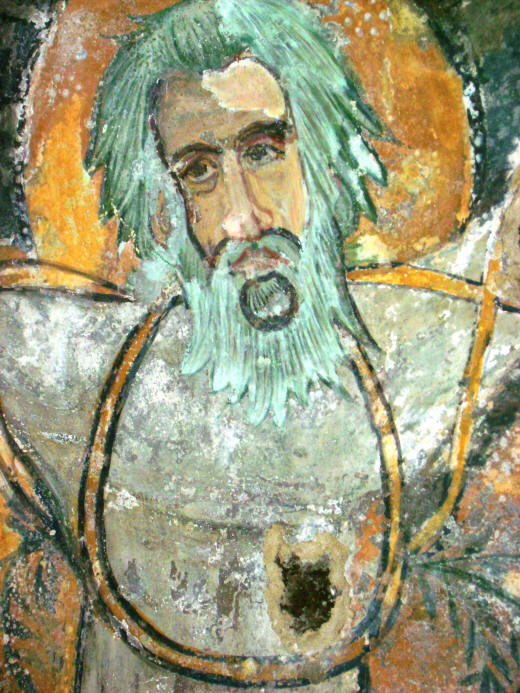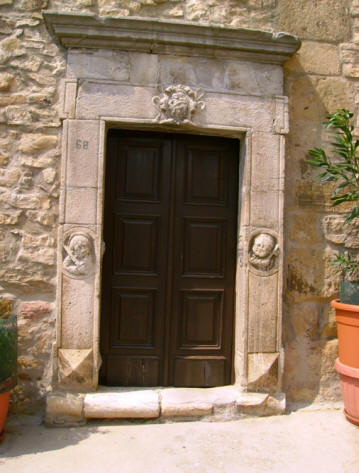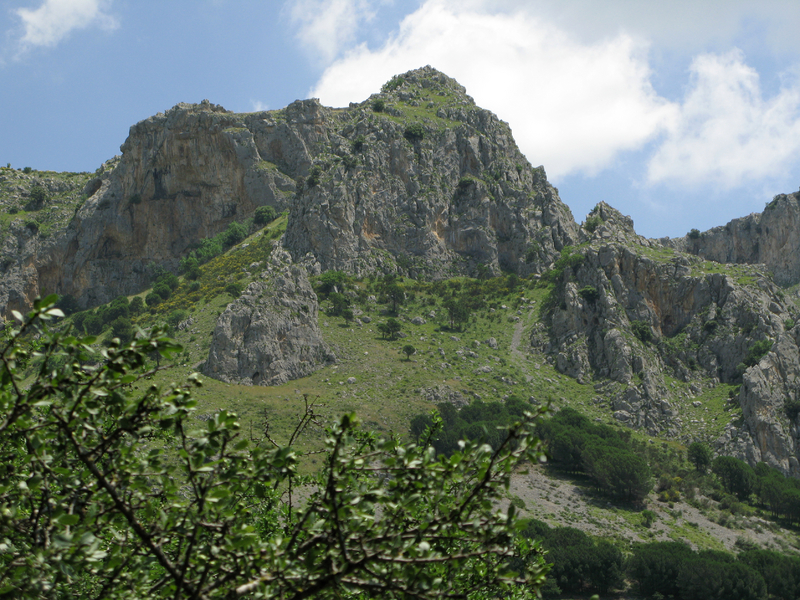My recent voyage to southern Italy was made into a course of preparation for my book which is dedicated to the unpublished story of the antique Knights Templar. Let’s discover together Basilicata, Italy!
As I began deepening my knowledge of this unknown land, I encountered the unexplainable paradox: Basilicata is probably the richest region in natural, environmental and historical resources in all of Europe. Also, it is known for its hard-working and honest people. Though, unfortunately, it’s one of the places with the least profit per capita in all of Europe; it has the highest percentage of emigration and unemployment-a true paradox. See one of the most stunning hidden gems in Europe!
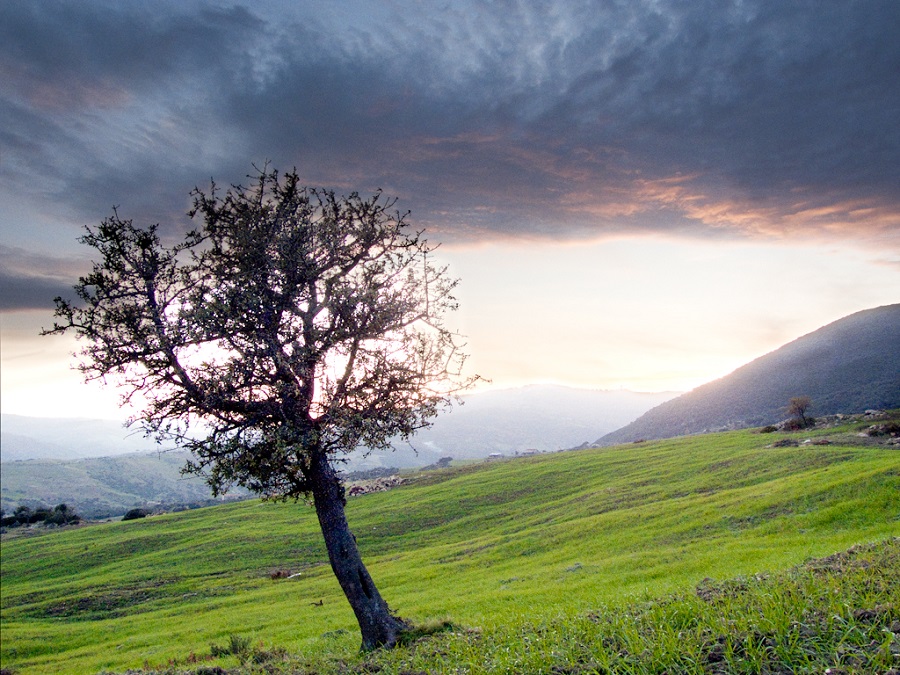
It’s like meeting with a Clochard who wanders about the bridges, but at the same time possesses a trunk full of money that he doesn’t know how to open. How can you explain all this?
Basilicata, southern Italy, the year was 2008. When we abandoned the freeway ‘Basentana’ then saw one of the many rocky towns on the peak of the mountain, now projected into another time zone, we witnessed a marvelous epoch comprised of fields, forests, small villages, and silences. In overpopulated Italy, one watches it dense with streets of asphalt, automobiles, chaos, and houses on top of each other.
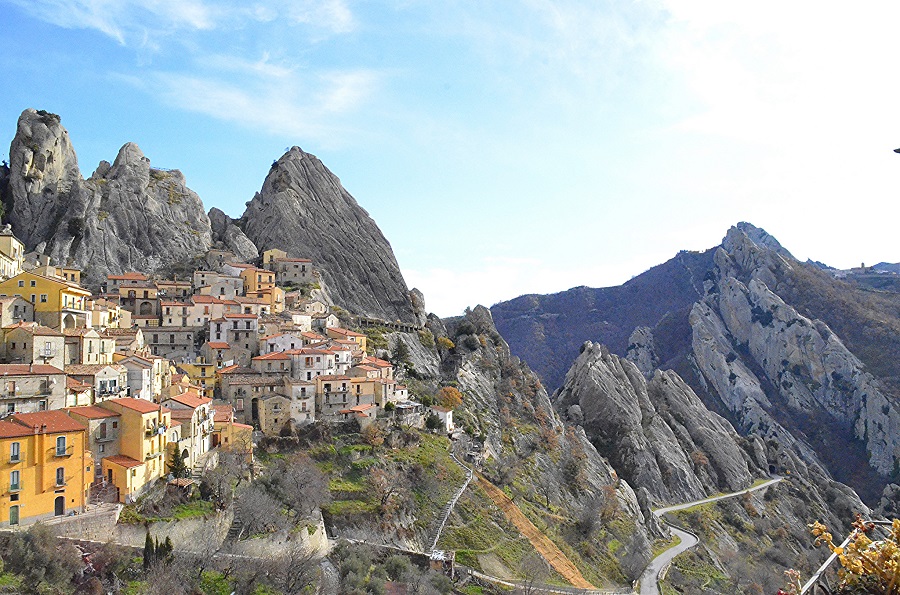
Ph. flic.kr/p/qwfdYH
After a many kilometers journey and a capturing of the soul, we finally arrived in Acerenza. In the village, one could take a walk and see a place which cherished its dignity, as did the people who lived there.
I read a nice article in the ‘Hera’ magazine written by Gianni Glinni, which described Acerenza’s mysterious cathedral, a cathedral so captivating and rich with symbols and geometries and coming from a medieval time-remaining virgin in every way.
Everything was exactly as he described it in the article; falcons looped in a pale sky awaiting our arrival, antique alleyways of a medieval square welcomed us and noble homes were still proud of their family coat of arms- even if they were consumed with time.
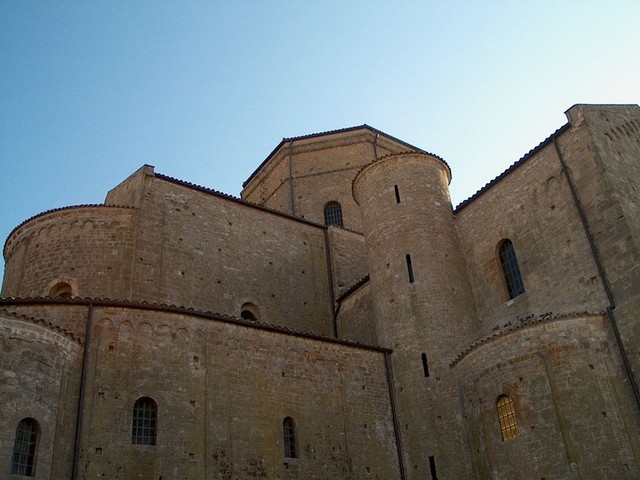
And then the cathedral made the biggest impression.
It was such an imposing and severe building; a marvel wrapped in silence, a surreal atmosphere far placed from the rest of the world. Constructed by the Norman Knights in a remote 1080, it still hid their fingerprints.
Where was it that I found myself exactly? A place like this is a perfect refuge for artists. I imagined that many people were restoring these beautiful medieval dwellings! They must be expensive, I thought.
Interest in Tuscany grew from a film made some time ago ‘Under the Tuscan Sun,’ from the time it was released in the United States. I imagined that places like this one would have lured the attention of many people looking to escape the nuttiness and stresses of a western Megalopolis.
Gianni looked at me in a fun-loving way-the author of the article that was offered to me as a guide-and said: “It’s a miracle that these houses are still standing! And a major part of them are sadly empty and abandoned, and this place is suffocating with elderly; it’s perfect for those destined to die”.
I didn’t quite understand: a medieval village with rolling sceneries and a story of rich diverse subjects, mysterious and tied to legendary tales like the one of the Holy Grail, left conserved, undamaged, but going to pots. How on earth can it be destined for abandonment? I wanted to know.
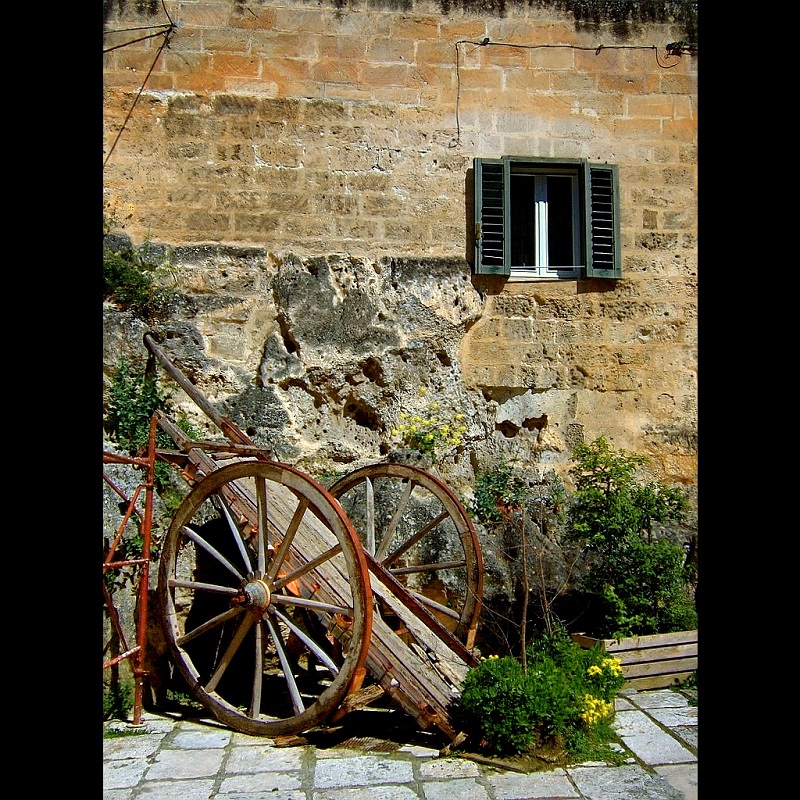
And not a soul publicizes it or talks about it? Gianni proceeded: “I feel after all the world of successes from novels such as Dan Brown’s Da Vinci Code, a book based on fantasy involving the official story of the Grail, that people would rush to the story’s actual location, the one we found in Basilicata, and cannot understand why no one is interested in coming”.
Gianni remained quiet for a few seconds; “You see, looking at it from afar, things would seem much clearer. In the past, intentions circulated those in assisting people to avoid Acerenza and all its surrounding towns, this way it would depopulate and die-off”.
I couldn’t understand why?
Gianni continued; “in the epoch of wild industrialization and economic development, all economic resources were migrating where the industries were constructed, principally in the north and along the coast. The internal zones of the country were constantly under-populated. The bones represent the countryside of Lucania, antique villages, these woods, and mountains that you must cross to arrive here. The marrow is the rich prairie; the industrial precincts. Few people believed it was neither right nor an economic advantage to abandon this land. One of them was my father. He was able to finance a great layout to construct the dam that you saw along the road. After that, Acerenza and all the major areas around it fell into an eternal silence”. In 1960, people came to undertake the so-called ‘politics’, thus clashing with the bones (countryside) and marrow (industrial).
There’s an indefinite sadness that I felt all over me, and I also understood the reason for it, the same sadness that characterized these places. Inside a pathway is made of harmony and beauty, but abandoned for places made of noise, cement, disorder, and the interminable lines of traffic. On one side is the bone and on the other the marrow.
But are we sure this is really true?
We are sure that the bone doesn’t conserve the precious parts on its outsides, the lost harmony, and the story made of uncontaminated signs and spiritual places that we are not capable of finding in the commotion of the city. When I did get back to Rome, I continually thought about Basilicata and then conducted a small experiment. When two friends of his came to visit from Michigan they wanted my advice for a memorable Italian trip.
This is how I advised them; if you want to repeat the traditional holiday then by all means go to Florence, Venice. No, they wouldn’t have it.
“We’d like to experience something new. There are too many tourists and we don’t want to mingle with them in lines half the day to see the contents of one museum”.
So, courageously I told them to go to Basilicata, Italy!
I suppose though, I was taking an awfully big responsibility: it could have backfired and their big trip would have proved an awful disappointment. I took it upon myself to map out an itinerary for them, noticing right away that it wasn’t probable to attempt without a car and so I studied the areas.
Being familiar with Acerenza, Castelmezzano, Vaglio, Brindisi di Montagna, the Gallipoli Forest, Matera and Metaponto I thought; what I would do there? Where would I sleep? It was complicated, but I decided to allow the risk and they departed. If you’re up for a zipline in Castelmezzano, you can do that!
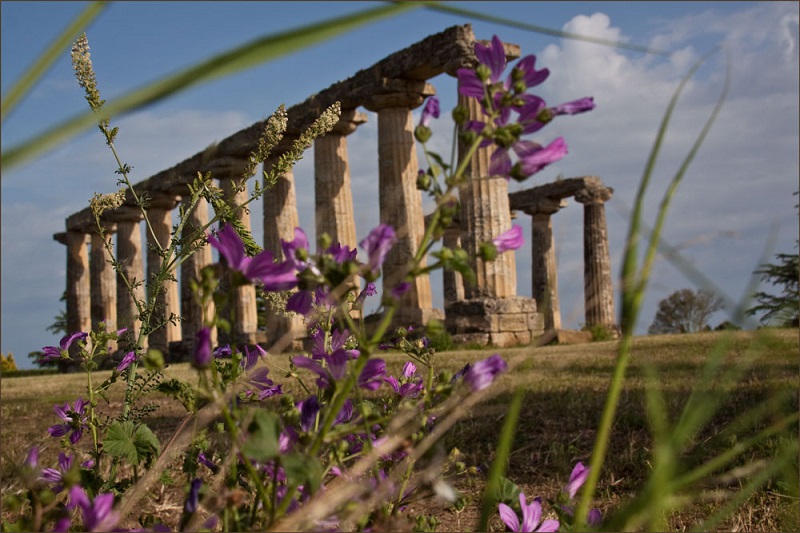
A week later they returned from the south, and I began to worry about meeting with them again.
This is how I expected them to respond to me later: “what was this, some kind of joke? if it was, it was a bad taste on your part”. I tried to imagine and decipher their humor in preparation. Suddenly, Kerri darted towards me, hugging me beside her great smile, and said:
“It’s been a fantastic trip! We visited all the places you suggested, and furthermore, we made it to Maratea and Pollino. We also visited a ‘Sentiero’ pathway in Albano and found the incredible skull your friend Gianni spoke of, the one of the Druids. It’s been exciting exploring; it was just like the film Indiana Jones! And you know something? Matera was more interesting than Venice!”. At that moment I understood that a precious piece of the marrow was still inside the bone.
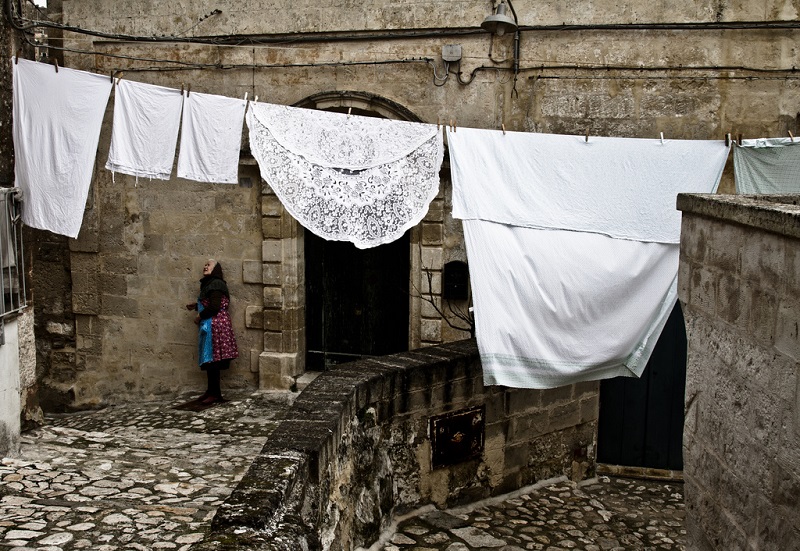
From the time I found myself in Italy many years ago, I was on a hunt for that special place, a world that was able to transmit the sense of union between art, history, and nature, a union that’s made Italy the most unique place in the world. The co-existence of these three aspects requires everything to be conserved in its original form and the capability of stimulating the soul.
Famous places like Tuscany, Umbria, and Roma amongst all the other hundreds of artistic cities, have lost a great part of that atmosphere. That special place I was hoping to find told me it was too late; they were already deeply contaminated with tourism and passageways, and forever transformed. Instead, I found Basilicata was strangely out of the norm and forgotten, and that is what gave it permission to retain its purity.
One of the first times I met with Gianni Glinni, we talked about strange theories: the origins of the Knights Templar in Lucania. I asked him: “With all the studies made on the subject by writers, historians, and art experts who came from every nation on the earth and researched everywhere, how is it possible that they’ve missed something in Basilicata? How is it that no one has studied on it before?”.
Gianni, half in a smile half out “I knew you would ask this question! It’s because every one of them including Lucanians from this land assumed that it was unimaginable to discover something in such a place. To understand this land you must read a book called ‘Christ stopped in Eboli’. It was written by an intellectual from Turin who was sent in exile to the lost land of Lucania during the period of fascism, just as the Russians were sent to Siberia. Carlo Levi, the writer of this book, was in Aliano for many years and described the reality he experienced, a reality lying outside the box.
This is the famous phrase he quoted: “this story seems to fly high just like before: Lucania’s history was simply forgotten”. Look, this negative oversight could be transformed into an advantage! The land for the most part is still unspoiled with treasures yet to uncover. Do you know how many people search for places like this? it could be incredible for special tourism and for those with passion!
He says, a wealth like this could give new life to this land, could rejuvenate these dying villages. “But today, they are more interested in petroleum; it’s a lot easier, no?”. I hadn’t understood what petroleum had to do with our discussion. Gianni nodded as to say he’d forgotten this; “You know Jacqueline, in Basilicata they found the most extensive oil field existing in Europe, after the North Sea in Norwegia and Russia”. Petroleum?
But if it possesses petroleum, why do economic problems accumulate without relent?’
What a naive question. I passed my mind over to the oil field I spotted in the United States, oil tankers there with their Texan hats and limousines. But I never saw anything that could even vaguely resemble Basilicata.
“This region has pointed to the event of petroleum hoping to economically survive. Sorrowfully, most of their royalties were stolen and their broken streets and crumbing buildings are falling to pieces”.
“Basilicata is no different than any other third world country where multi-nationals in petroleum rape and deceive the people trying to thrive there”.
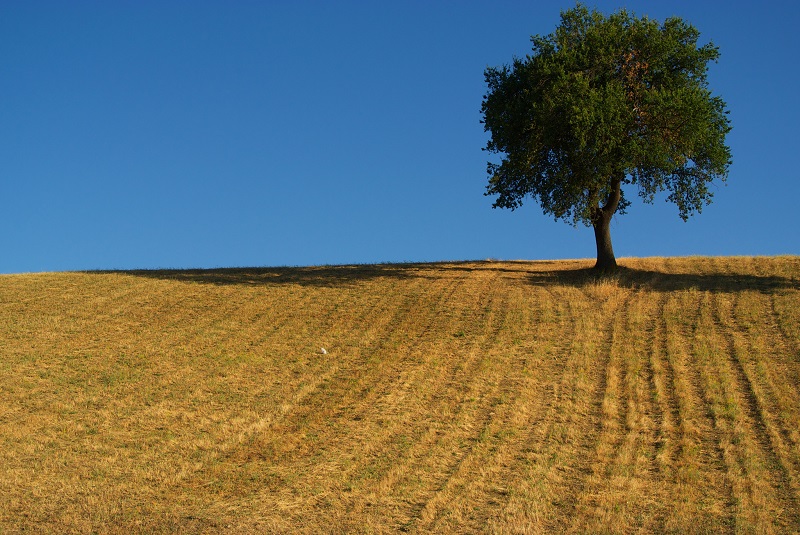
What do you mean to say?
“You see Jacqueline, they promised to pay them a royalty of 7%, but instead they claimed the petroleum was not of good quality for its high contents of sulfur, and other bulked up lies and excuses. So, Basilicata the land of economic problems has given up on its 25-year contract with these companies. Suppose you arrive in a place you know will possess great economic development one day.
But when you get there, you’re the only one who knows about it. Sure you don’t say anything because you alone could purchase homes for almost no cost then resell them later for ten times what you paid for them. That’s exactly what the petrol companies have done in Basilicata! They went in and robbed them blind, knowing the value would sky-rocket in coming years, and not telling them”.
Is it possible that no one sees this?
“They knew very well what they were doing. The politicians never look in any other direction than beyond their own noses. With the economic growth in China and India, which are comprised of millions of people, petrol will be in short supply within 5-6 years. Barrels of 100$ will rise to 300, 400, 500 in the coming ten years. Petrol companies make incredible business profits from stealing Basilicata’s oil as future generations will”. It’s a sad case and they’ve accepted this compromise selling their souls to the devil, how Faust?
And worse, Gianni told me, while Faust was selling his soul, politicians were selling the souls of the people from this very land.
The petrol story in Lucania is truly an ear-ringer. Looking at all this, we have the likes of a pathetic land, yet one that is in possession of petroleum.
What else do you know about this land? I asked Gianni.
“The water! says, Gianni. It is still more important than petrol. Basilicata is where a potential fountain of wealth is in the water, another element has simply stolen from the land without economical reimbursement.
The huge dams once rendering internal agricultural riches, now nurture other lands instead: the giving away of the marrow”.
But I wondered if there was something positive in all this? Tourism is always a great fountain of wealth. Gianni went on.
“Today though, you cannot just improvise on a tourist organization. In Europe alone from March through late October, the tourism flow consists of millions of people coming from rich lands in the North such as England, Sweden, and Norway. They hurry towards Spain, Greece, the south of France and Turkey, jumping over Italy completely and skipping over Basilicata infinitely”.
Why?
“Because they are unorganized and scattered-brained!” Basilicata would be perfect for tourism of quality, hone for people seeking uncontaminated areas.
Gianni tells me: “I have many friends in Finland, for example, and they do nothing else but spend time searching out places for trekking or horseback riding. They love to walk for days enjoying the purity of nature, far away from the asphalted streets and automobiles. Or there are those searching for historical tracks no one knows of”.
You have visited during your own research, the rocky chapels of Sant’ Antonio and Santa Margherita. Do you realize what wealth this represents?
Enough wealth for creating paths within a beat-up land through fields and woods which retrace those antique footpaths followed in the Medieval Ages by religious people. Do you realize people from all walks of life have come here from just about everywhere?
“It’s necessary to do a thorough job, not waste money for uselessness and things which do not produce. Projects desperately need to be organized for the cleaning of torrents, antique fountains and for the eliminating of horrid slabs of cement that represent buildings put up in the last 20 yrs”.
“Do you want to know what else concerns me? The streets they tar into the woods, permitting cars to enter and spread fumes; they suppose the woods would be utilized more this way. Do you realize how blinded they are?”
“I’ll give you another example: along Metapontino there is a breath-taking beach not far from the national parks-the most incredible beach in Italy called ‘il Pollino.’ It’s child’s play to keep it preserved and ‘wild’ especially for those who enjoy uncontaminated places. Perhaps it could be repopulated with fauna and international hotel chains immersed in the woods if designed appropriately, as we find in repetitious other places just a short distance from the sea”.
“It would be optimum if they constructed an airport near Metaponto, which would stimulate the internal areas and organize attraction of qualified tourism. This would help promote traditions, handicrafts, and local products. Unemployment would vanish in a matter of a few years without the need for petroleum or anything else”.
This all seems to be a fairy-tale, but not impossible to carry out.
“Here’s where you’re wrong Jacqueline, they are only fantasies that are hard to fulfill because one would need to change the mentality of the people occupying government positions, and looking at it from far away, this could prove improbable”.
The airplane is landing. Roughly I see the infinite lines of houses of Los Angeles, the freeways blocked with traffic, California. Appearing in my mind the American Myth of the Promised Land, of California and its beaches, the wealth within the land, and then it all comes back to me, the tiny land of Basilicata-petrol being sold to the devil, where forests and Druid spirits still linger. Metaponto where Pythagoras’s footprints are still fresh and where some of his reincarnations still remain.
One night in Acerenza before leaving, I gazed at the Cathedral from afar where some strange character stood-tall, blond, and pointy-faced as the sunset was reflecting off a suit of armor. I believed him to be a Norman Knight or maybe a Knights Templar, but then again one may never know.
The Great Petrol Scandal of Lucania was investigated and as a result a documentary aired on RAI 3 on March 6th 2008. This documentary confirms that the contents in this article are all true.
By Jacqueline J. Jarvis




